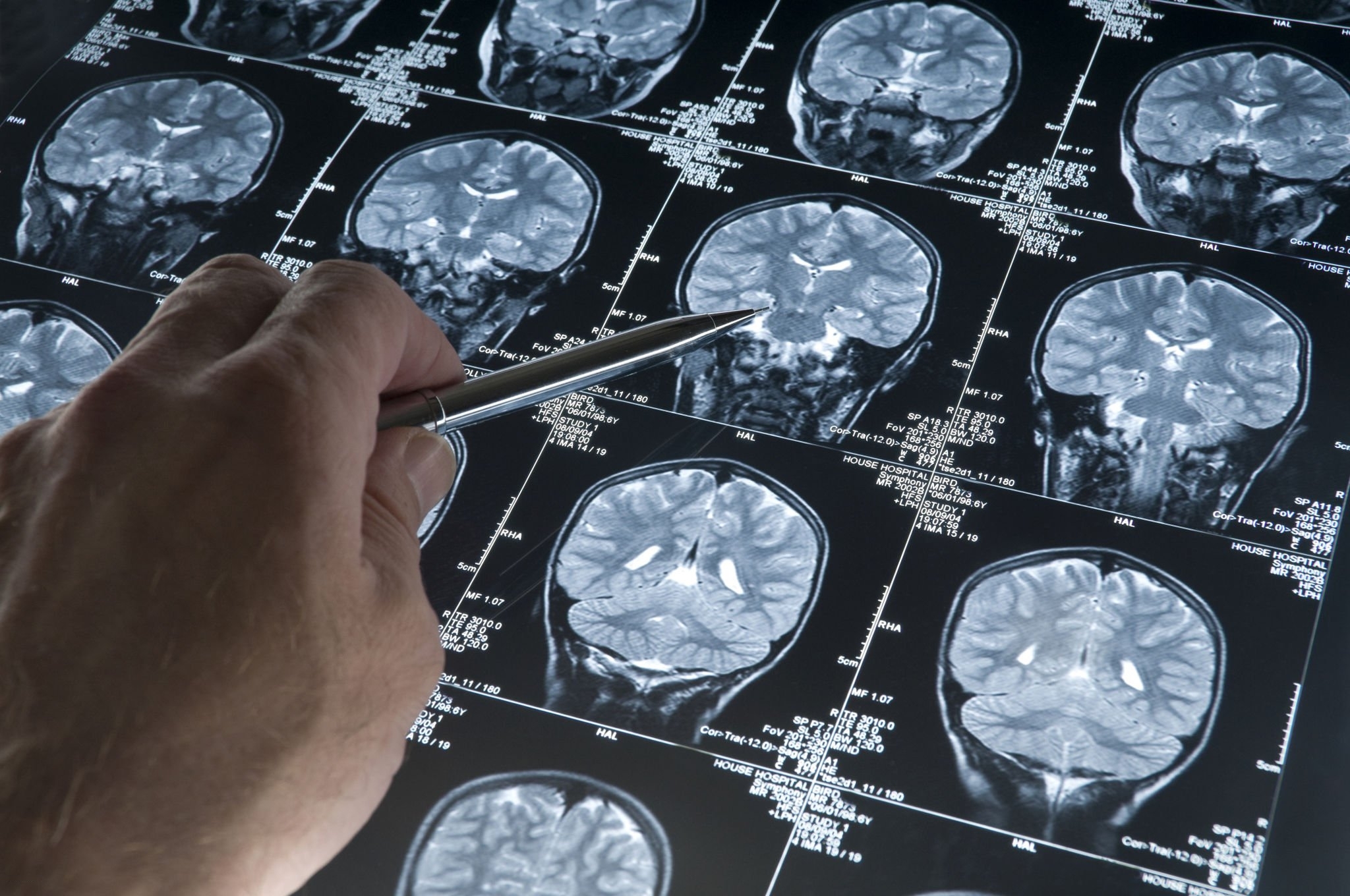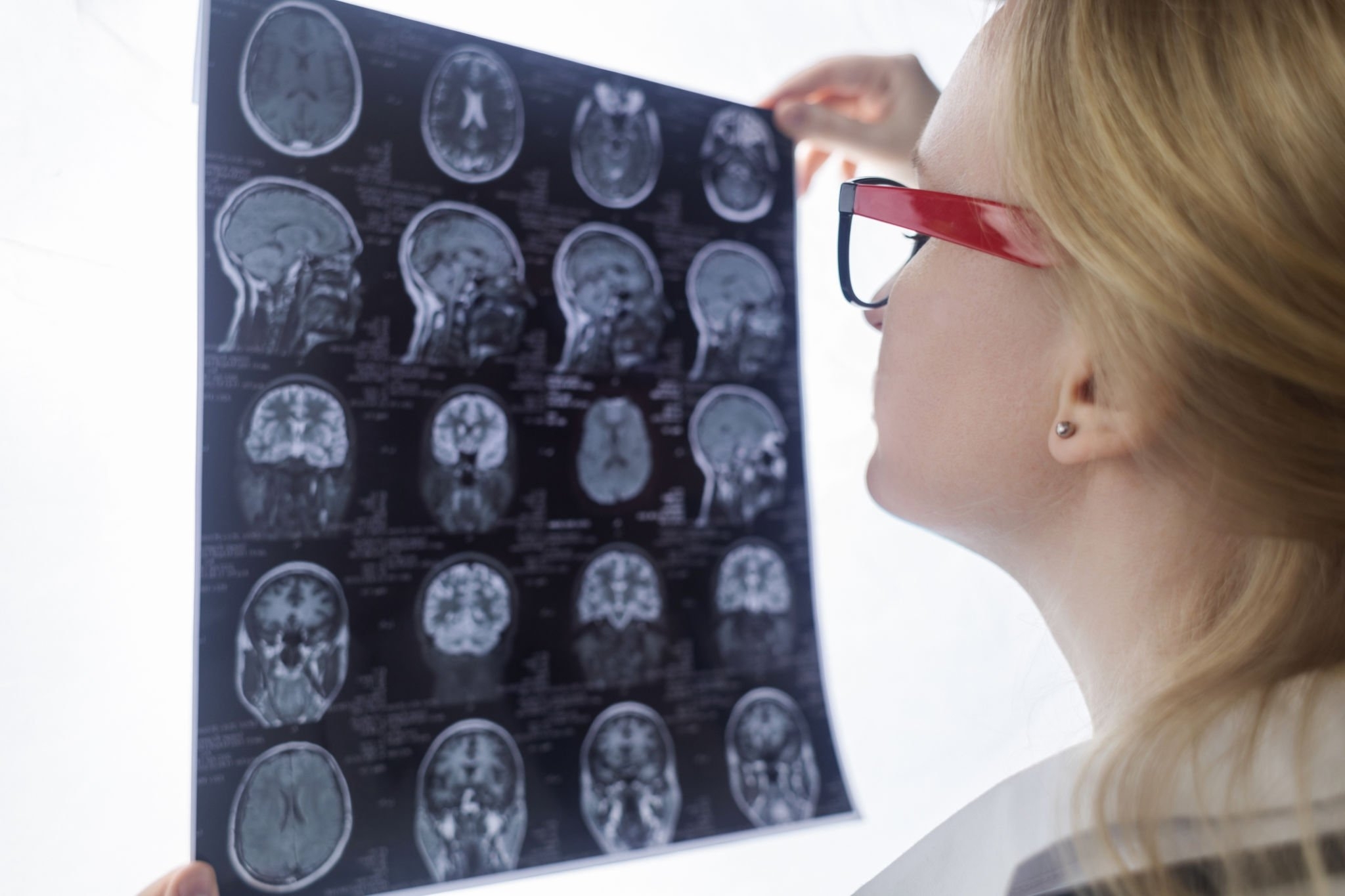Alzheimer’s Disease: Understanding and Preventing Cognitive Decline

Alzheimer’s disease, a progressive and irreversible neurological disorder, affects millions of people worldwide, leading to memory loss, cognitive decline, and ultimately, an individual’s inability to carry out daily tasks. As the aging population increases, so does the prevalence of this devastating condition. However, research has shown that several lifestyle choices and habits can play a crucial role in reducing the risk of Alzheimer’s disease. In this article, we will explore the nature of Alzheimer’s disease and discuss effective ways to prevent its onset.
Understanding Alzheimer’s Disease

Alzheimer’s disease is a type of dementia characterized by the accumulation of abnormal protein deposits in the brain, known as amyloid plaques and tau tangles. These deposits disrupt the normal communication between brain cells, leading to their dysfunction and eventual death. As the disease progresses, memory loss, confusion, disorientation, difficulty with problem-solving, and changes in mood and behavior become evident.
While age is the most significant risk factor for Alzheimer’s disease, genetics, and family history can also contribute. However, researchers emphasize that lifestyle choices can have a significant impact on mitigating the risk of developing this condition.
Preventing Alzheimer’s Disease
- Regular Physical Exercise: Engaging in regular physical activity, such as walking, swimming, or dancing, has been consistently linked to a reduced risk of Alzheimer’s disease. Exercise increases blood flow to the brain, promoting the growth of new neurons and enhancing cognitive function.
- A Healthy Diet: Adopting a brain-healthy diet, such as the Mediterranean or the DASH (Dietary Approaches to Stop Hypertension) diet, can be beneficial. These diets emphasize fruits, vegetables, whole grains, lean proteins, and healthy fats. Consuming antioxidant-rich foods, such as berries, and reducing the intake of processed foods and saturated fats can protect brain health.
- Mental Stimulation: Keeping the brain active through mental exercises, such as puzzles, reading, learning new skills, or playing musical instruments, may help build cognitive reserve. This cognitive reserve can delay the onset of Alzheimer’s symptoms or lessen their severity.
- Quality Sleep: Prioritize getting adequate and restful sleep. Sleep is essential for the brain to clear out toxins and consolidate memories. Aim for 7-9 hours of sleep each night.
- Social Engagement: Maintaining social connections and participating in social activities can have a protective effect against Alzheimer’s disease. Social interaction stimulates the brain and helps ward off feelings of isolation and depression.
- Manage Chronic Conditions: Keeping chronic conditions like diabetes, hypertension, and obesity under control can lower the risk of cognitive decline. Regular medical check-ups and adherence to prescribed treatments are essential.
- Stress Management: Chronic stress can have detrimental effects on the brain. Practice stress-reduction techniques like mindfulness, yoga, or meditation to promote mental well-being.
- Limit Alcohol and Quit Smoking: Excessive alcohol consumption and smoking have been linked to cognitive decline. Reducing alcohol intake and quitting smoking can significantly improve brain health.
Conclusion
While there is currently no cure for Alzheimer’s disease, there is hope in prevention through lifestyle choices. By adopting a brain-healthy lifestyle that includes regular physical activity, a nutritious diet, mental stimulation, quality sleep, social engagement, stress management, and avoiding harmful habits, we can take proactive steps to reduce the risk of Alzheimer’s disease. Encouraging public awareness of these preventive measures can lead to a brighter future, where fewer people will be impacted by the devastating effects of Alzheimer’s disease.
